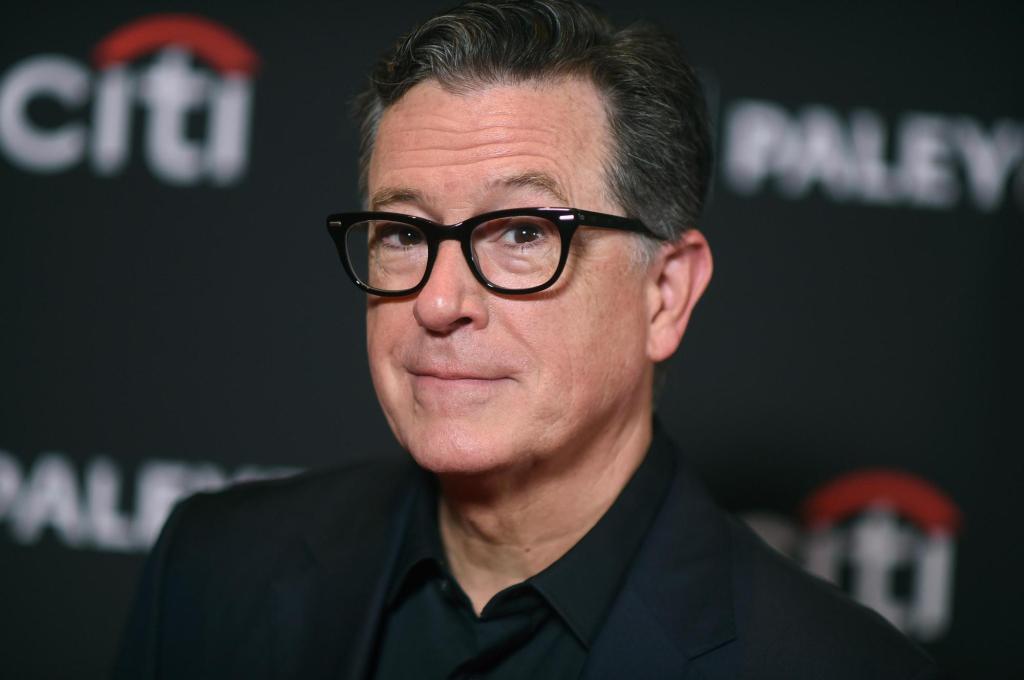The announcement comes after Colbert spoke out against a settlement over a “60 Minutes” story.
Why it matters
- Stephen Colbert, a prominent late-night host, raises significant questions about media ethics and accountability.
- The conclusion of Colbert's show marks a notable shift in late-night television, impacting the landscape of political commentary.
- The controversy surrounding the settlement highlights ongoing debates about journalistic standards in modern media.
In a surprising turn of events, Stephen Colbert has announced the impending end of his late-night show, a decision that has sent ripples through the entertainment industry and the realm of political discourse. This announcement follows Colbert's vocal opposition to a recent settlement concerning a segment aired on “60 Minutes,” where he expressed concerns regarding the implications for journalistic integrity and public trust in media institutions.
Colbert, known for his incisive wit and sharp political commentary, has been a fixture of late-night television since his debut. His show has not only entertained millions but has also played a pivotal role in shaping the political landscape through humor and satire. His decision to conclude the program comes at a time when the media landscape is fraught with challenges, particularly surrounding credibility and the role of journalism in a democracy.
The controversy that preceded this announcement centers around a settlement regarding a “60 Minutes” story that Colbert criticized for its potential to undermine journalistic standards. Colbert's remarks reflect a growing concern among media professionals and audiences alike about the pressures and influences that can lead to compromised reporting. He articulated a belief that such settlements can create a chilling effect on the media's ability to report truthfully and vigorously, stating, “When the truth is compromised for the sake of a settlement, we lose our collective voice.”
Colbert's show has been a platform for exploring complex political issues, often blending humor with serious commentary. His departure from the late-night scene raises questions about what will fill the void he leaves behind. The late-night format has been increasingly dominated by voices that engage in political satire, and Colbert has been a leader in this genre. His absence may alter the dynamics of late-night programming, which has evolved significantly in recent years, especially during politically charged times.
As the announcement circulates, reactions from fans and industry insiders have been mixed, with many expressing sadness at the loss of Colbert’s unique brand of humor and insight. Others have seized the moment to reflect on the broader implications of his decision, considering how it might influence future programming and the type of discourse that is fostered in late-night television.
Colbert's decision to speak out against the settlement reflects a broader commitment to uphold journalistic principles. His advocacy for transparency and accountability in media resonates with audiences who are increasingly skeptical of the information they consume. In an era where misinformation can spread rapidly, Colbert's stance serves as a reminder of the importance of rigorous journalism and the role it plays in a functioning democracy.
Moreover, the end of Colbert's show could signify a turning point for late-night television. With the landscape shifting, new voices may emerge to take his place, but whether they will carry forward the same commitment to political satire and commentary remains to be seen. The space that Colbert has occupied has often been one that challenges power and promotes critical thinking, and it is uncertain if the next generation of hosts will continue this legacy.
As fans prepare to bid farewell to one of their favorite late-night hosts, the conversation surrounding the intersection of comedy and journalism is likely to intensify. Colbert's departure is not just a loss for his loyal viewers but also for the ongoing dialogue about media responsibility in an age where the truth is frequently contested. His voice has represented a vital part of the media ecosystem, and its absence will undoubtedly be felt.
In conclusion, Stephen Colbert's show has made a significant mark on late-night television, blending humor with critical insight into the political climate. His decision to end the show amidst controversy over media ethics serves as a powerful reminder of the challenges facing journalism today. Whether his legacy will inspire future hosts to maintain a commitment to truth remains an open question, but Colbert's impact on the industry is indelible.











